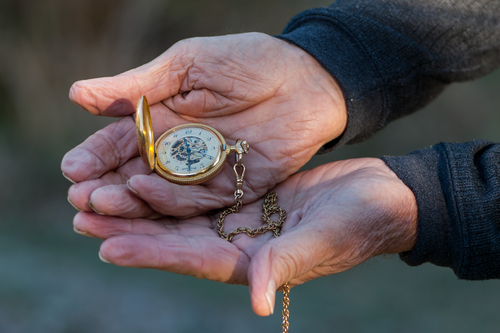Believing What God Tells You
Your year-end gift to Enduring Word helps millions globally. Click here to donate.
For by grace you have been saved through faith, and that not of yourselves; it is the gift of God, not of works, lest anyone should boast. (Ephesians 2:8-9)
There is something deep in human nature that demands to earn its own way, its own standing before God. But right standing with God isn’t something earned. It’s a gift we receive by faith. Additionally, it is important to remember that faith is not a good work that earns right standing with God. Although good works accompany true faith, faith is not a “work.” Faith merely sees the offer God makes and believes it is true. It looks at God’s promises and says, “I believe they are for me.” Faith is refusing to call God a liar, taking God’s word at face value, and trusting that God and His word are reliable. When we do not have faith, we deny God’s word is true, and we call Him a liar. There isn’t any merit in not calling God a liar; it’s only common sense.

There is a story about a man who was teaching a Sunday school class full of small boys. One day he offered a boy in the class something prized in that day: a brand-new watch. But the boy thought that it was just a trick. Fearing his classmates would laugh at him when the trick was revealed, he refused the watch. The teacher then offered it to the next boy, but he followed the example of the first boy. One by one, each boy refused the watch because the offer seemed too good to be true; certainly, the teacher just wanted to trick them. But the last boy was bold enough to accept the watch when the teacher offered it to him. When the teacher gave it to him, the other boys were amazed and angry. The teacher used this to show his class that no matter how good a gift was offered to them, they must believe the word of the giver and receive the gift before it could do them any good.
In 1829, a Pennsylvania man named George Wilson was sentenced by the United States Court to be hanged to death for robbery and murder. President Andrew Jackson pardoned him, but the prisoner refused the pardon. Wilson insisted that he was not pardoned unless he accepted it. That was a point of law never raised before, and President Jackson called on the Supreme Court to decide. Chief Justice John Marshall gave the following decision. “A pardon is a paper, the value of which depends upon its acceptance by the person implicated. If it is refused, it is no pardon. George Wilson must be hanged.” And he was.
Even so, God’s offer of pardon and salvation in Christ Jesus is offered to many, but only those who trust in God and His word will gain the benefits of that pardon.
Today, why not simply believe what God says and receive His gift of grace?
Click here for David’s commentary on Ephesians 2


















